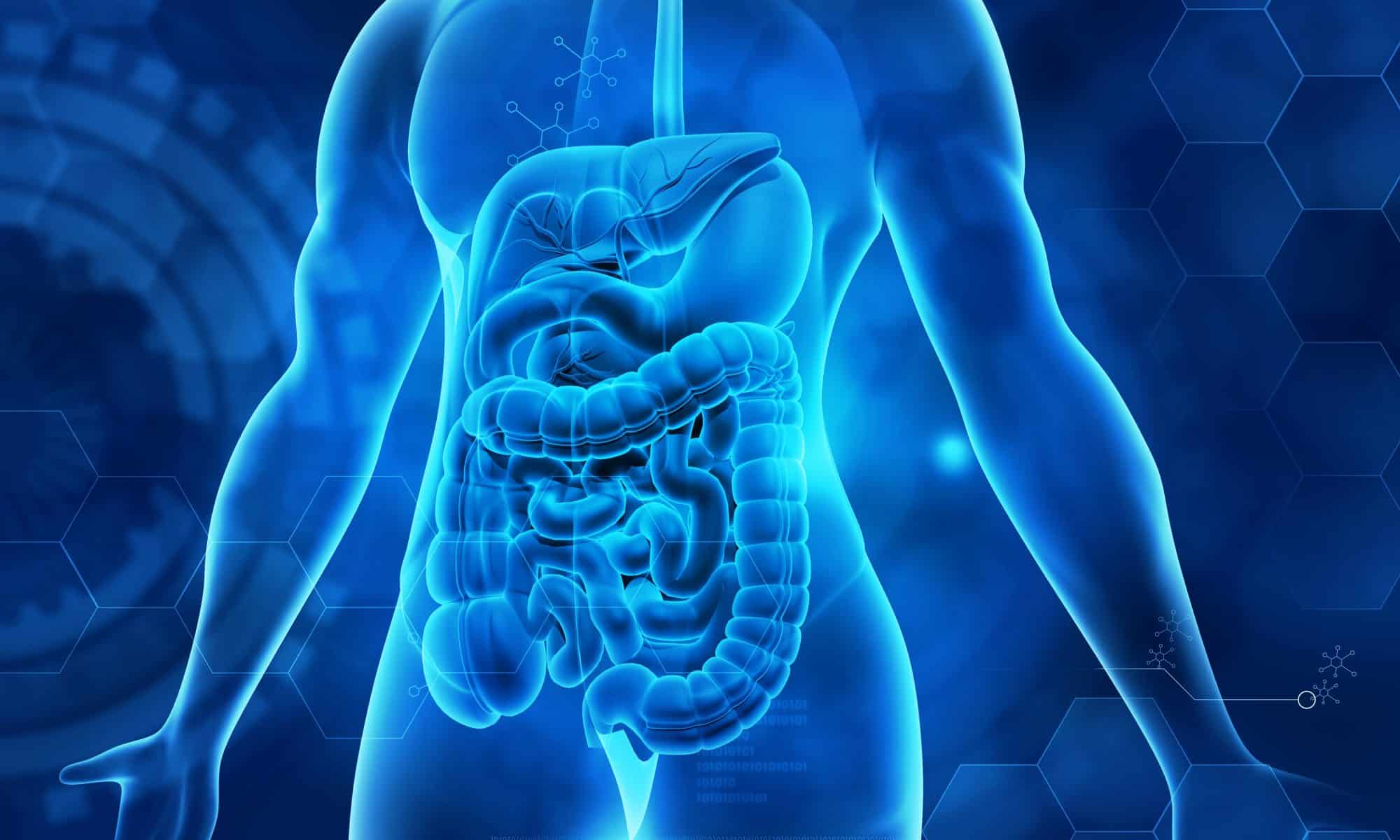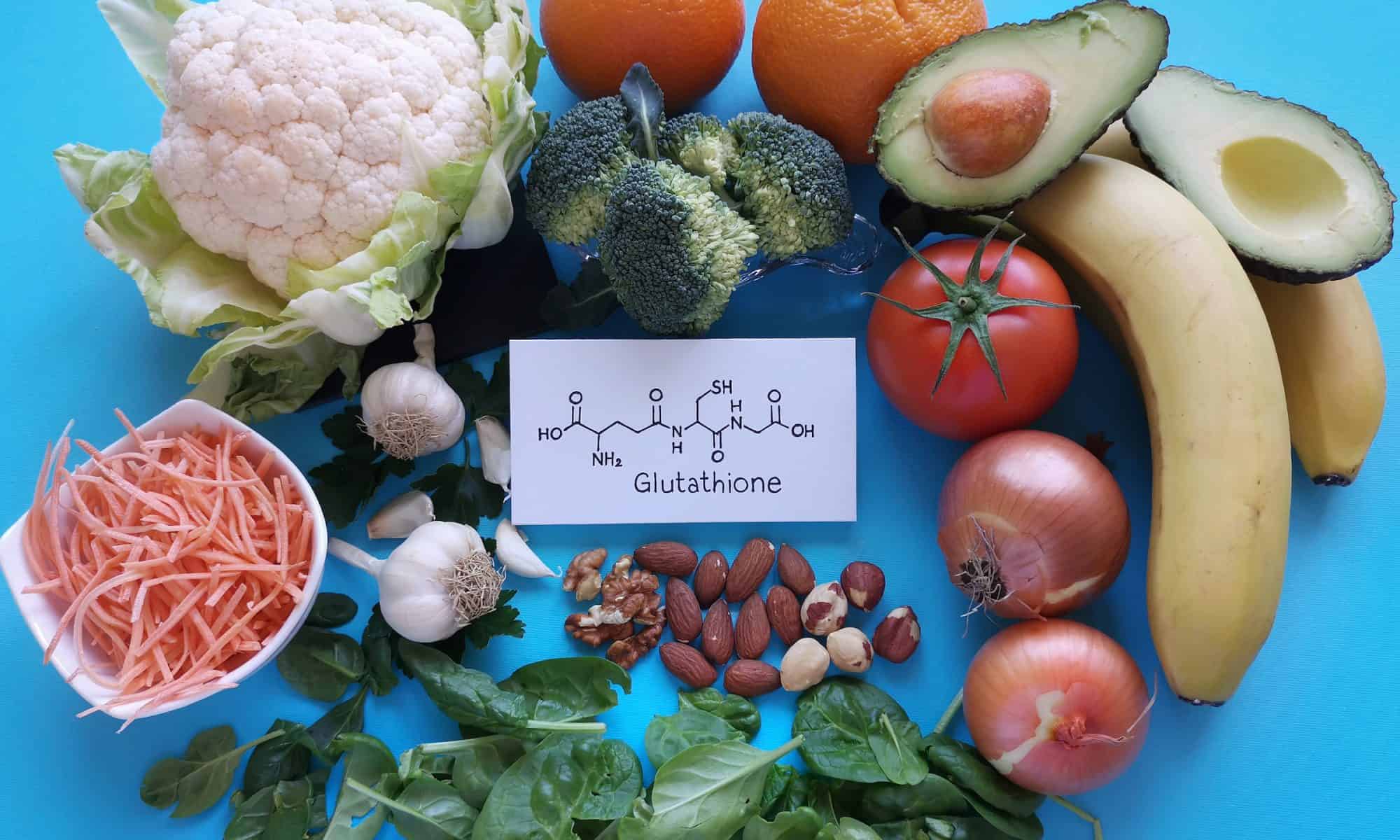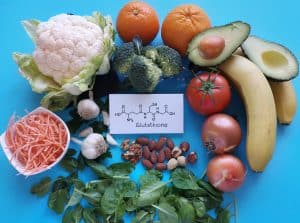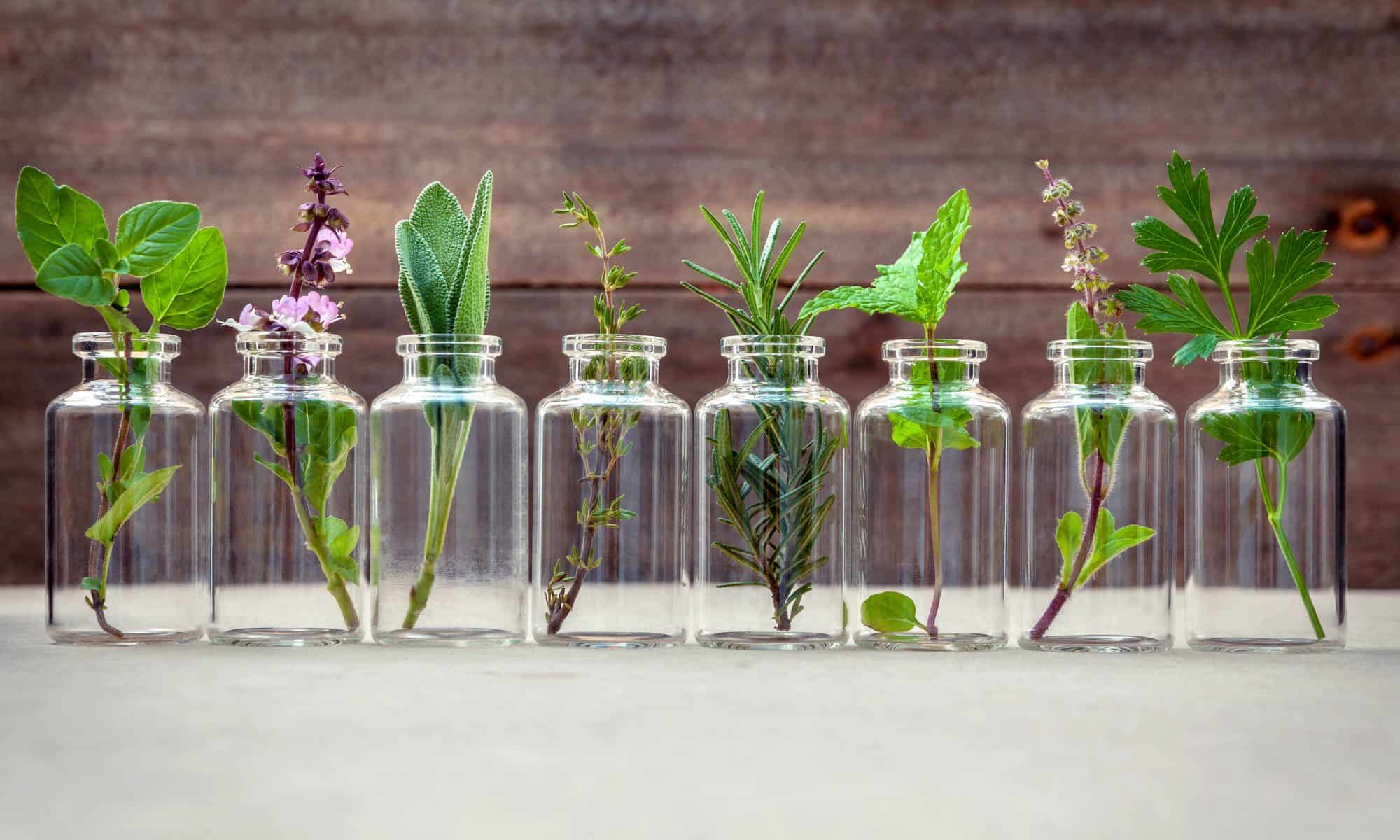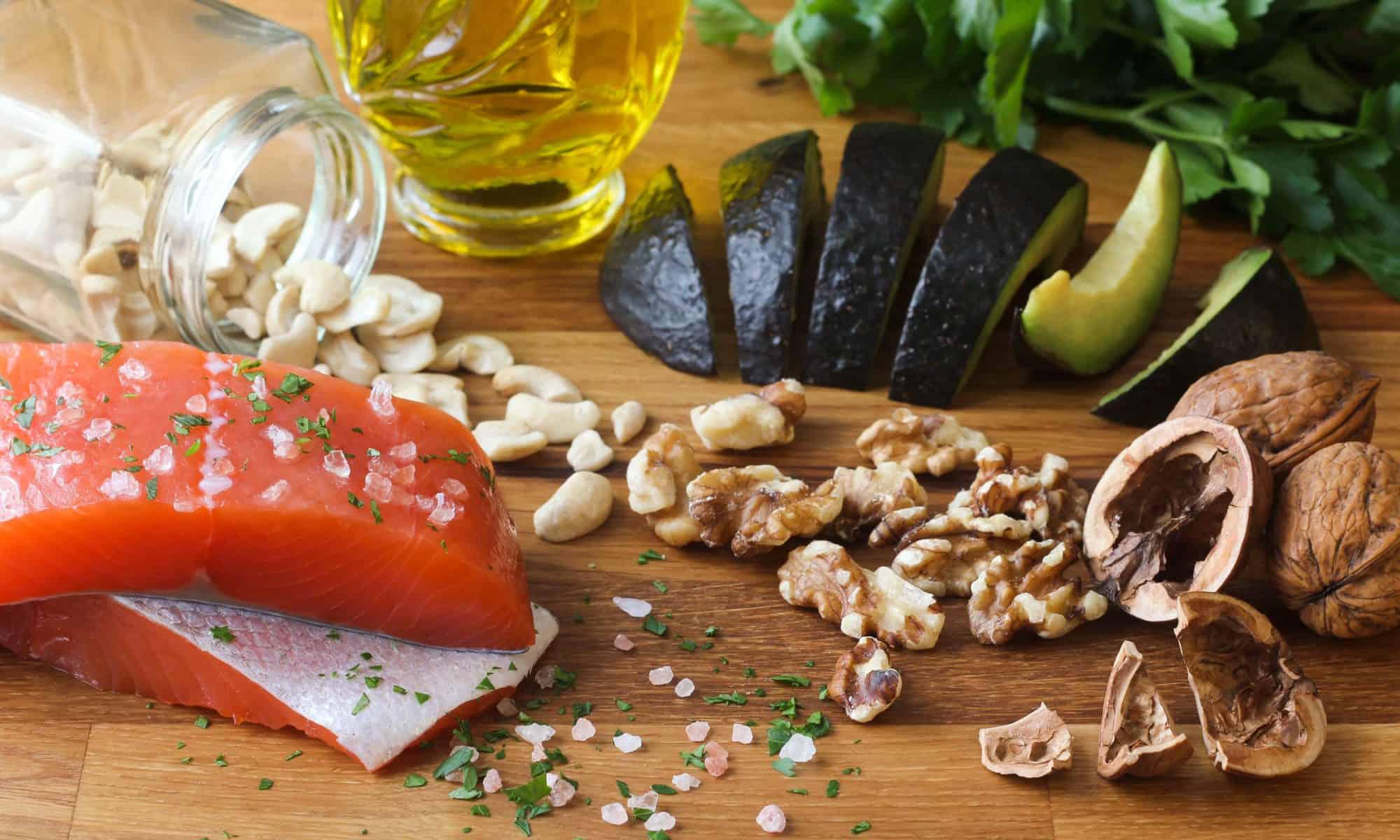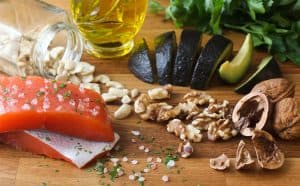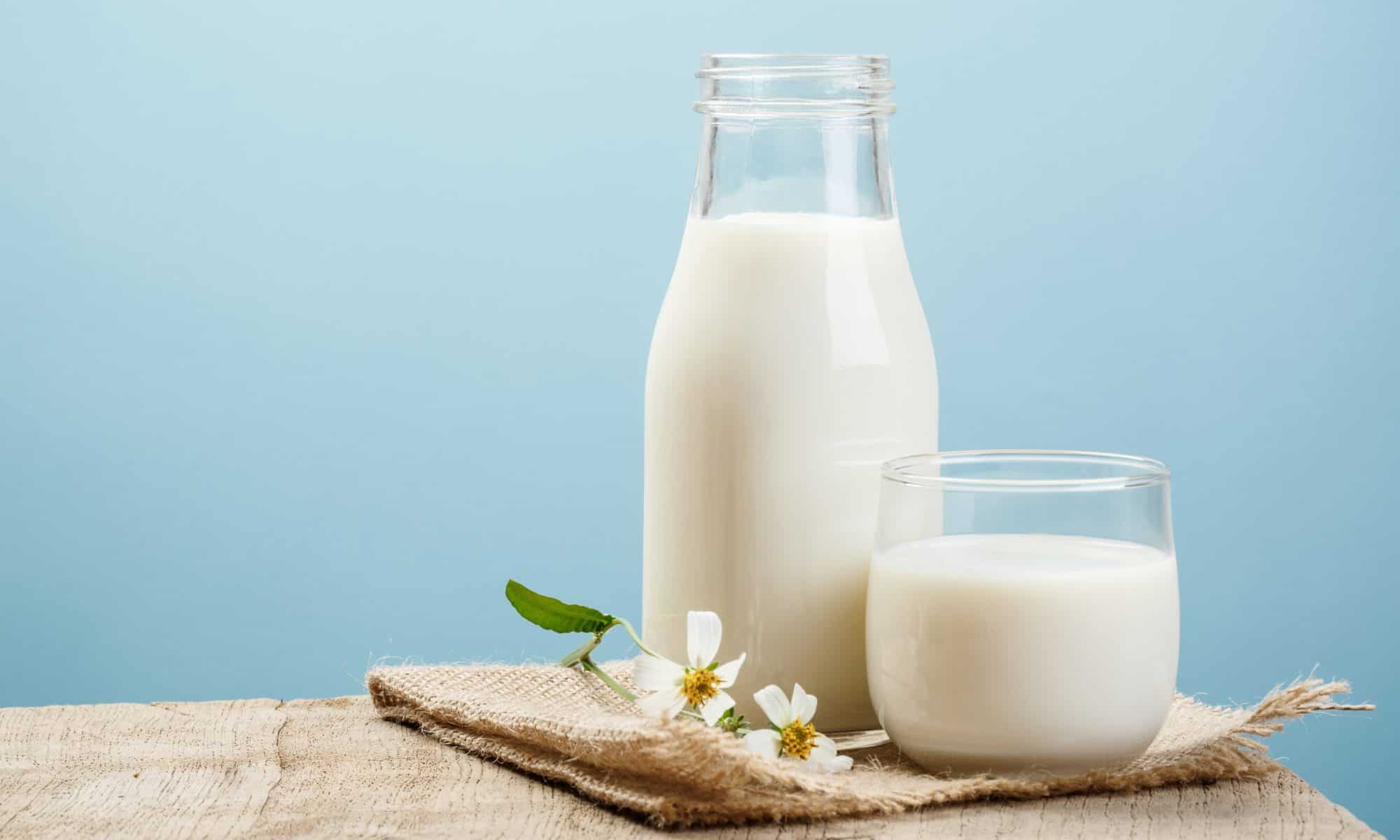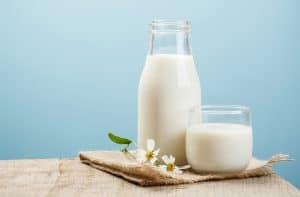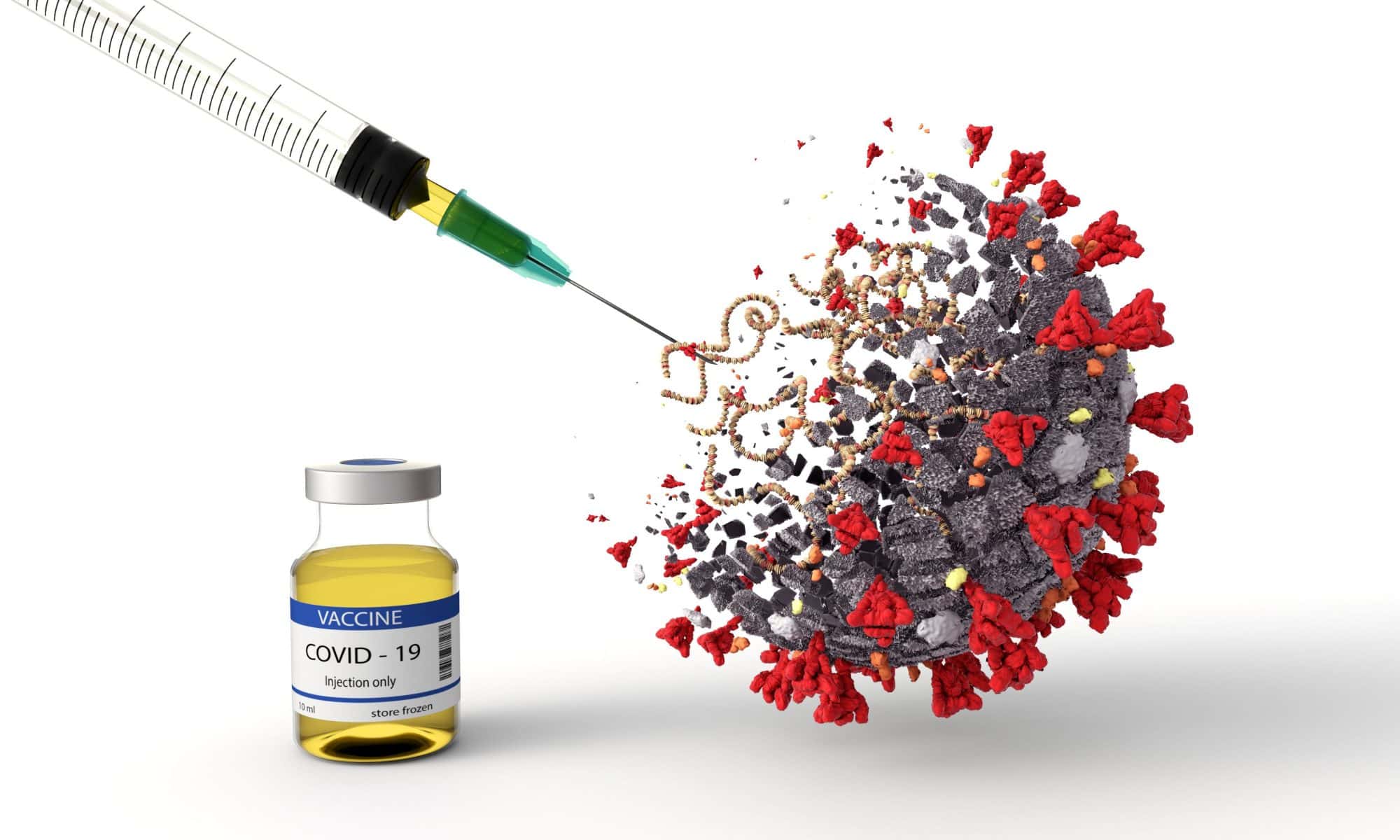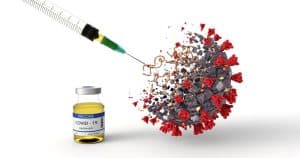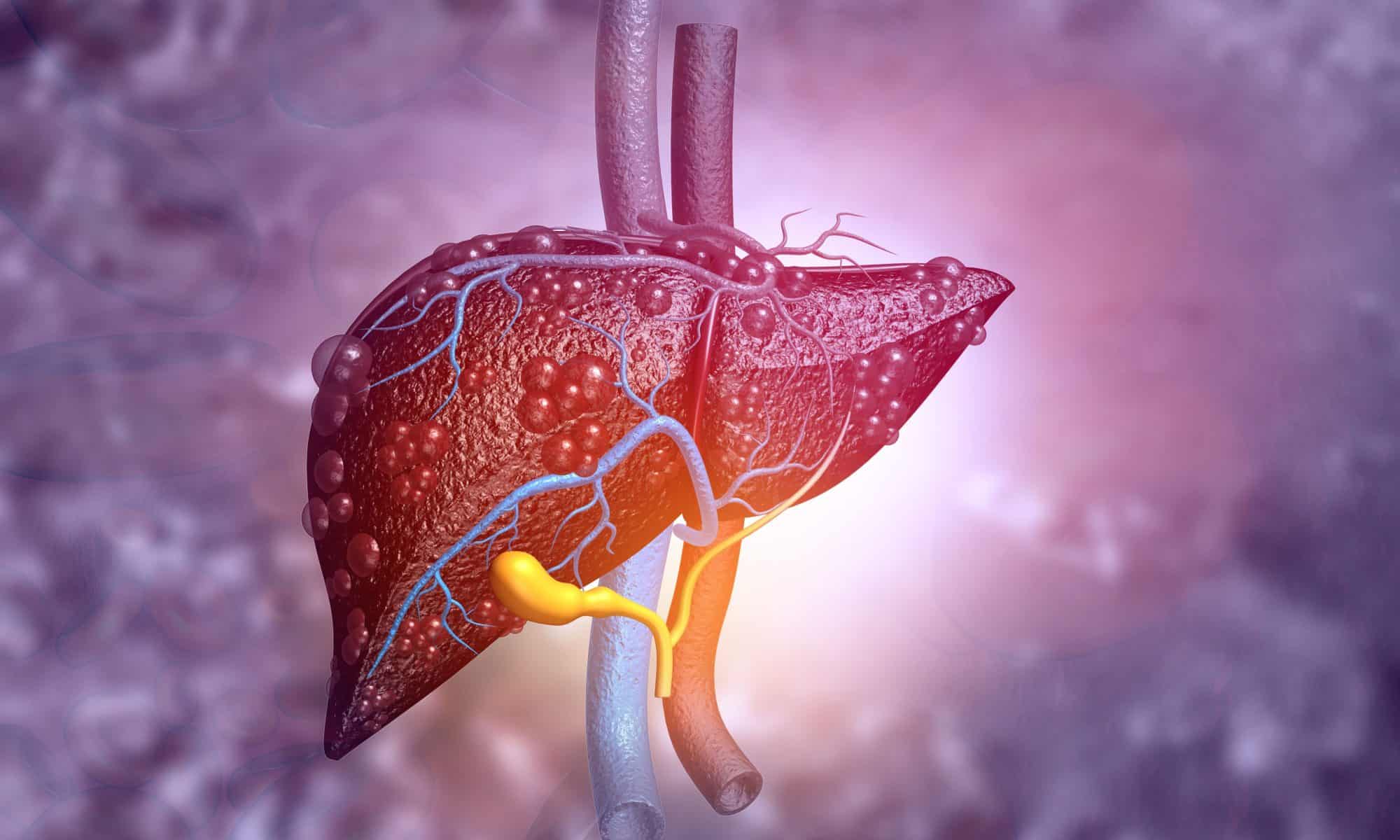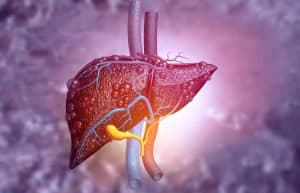The Heart & Brain Benefits Of NAD+, Resveratrol, L-citrulline, Pterostilbene, NMN & More
When we ask, the Universe provides. No problems we experience in our world have been unanswered or left without resolve, we just haven’t found the answers yet! When it comes to the benefits of NAD+ and other resources on aging, deterioration of our bodies, and conditions of the heart and mind, it’s no different. There are so many naturally occurring chemicals in our environment like NAD+, resveratrol, l-citrulline, pterostilbene, NMN, and more available to us, and it’s our responsibility to take advantage.
At first, the names of these chemicals can be really daunting – what is resveratrol, really? Where could I possibly find something named pterostilbene? The answer might surprise you – many of them are found right in common grocery items.
If you’re looking to harness the power that the Universe has provided us in order to better and lengthen your life, here’s the perfect guide for you.
Benefits of NAD+ on the Brain
Believe it or not, Nicotinamide adenine dinucleotide (NAD+) is actually a chemical that exists naturally in our bodies. We create and use NAD+ in our systems as an essential molecule for developing and regulating cellular energy. With great levels of NAD+ in our system, our brain health is most likely at its optimal.
Unfortunately, as with everything else, aging or chronic disease can lead our bodies to lesser levels of NAD+. As we lose our ability to produce enough NAD+, we lose out on the many benefits of NAD+ on our brains.
Let’s dive into a little more detail about exactly what NAD+ does for us.
NAD+ is a Messenger in Our Bodies
In Western Medicine, we often find ourselves focusing on the symptoms rather than the cause. Many medicines and treatments attack only one portion of what is a much larger issue, leaving us feeling a bit better but never on the mend. I prefer to look at things from a much more Eastern approach – Traditional Chinese Medicine treats us wholistically, attacking the source of the issues which permeate the entire body.
You might scoff at it, but it’s true. If one molecule or level or chemical is off in one part of the body, the effects ripple into so many other areas. We might end up experiencing symptoms that we never would have thought could be caused by something completely seemingly-unrelated.
Need proof? NAD+ acts as a messenger in our body, meaning it is in control of so many functions across our body that we never would have thought could be related. The same molecule that keeps your heart rate normal also controls your appetite and the way you sleep, and that molecule is NAD+.
NAD+’s wide-reaching influence has to do with the fact that it’s in control of neurotransmitters, which communicate signals from the brain to the rest of the body. Messages for your heart, liver, large intestine, and so much more are all depending on NAD+ to make it to and from the brain.
If you feel that you have a wide range of issues, such as changes in appetite, blood pressure, pulse, motor control, sleep, memory, and more, it’s very possible your NAD+ levels are involved. NAD+ is even an essential molecule that helps our body convert glucose into energy for our brains, so low amounts could mean a declined ability for the cells in our brain to keep functioning.
Benefits of NAD+ on Cognitive Function and Memory
Now that we understand a bit more about the function of NAD+ with neurotransmitters, it’s much easier to grasp that its role is extremely important for the brain. Our entire central nervous system depends on this molecule to take care of its messages, so it’s no surprise that it’s essential to our cognitive function.
As we grow older, we suffer a loss of blood flow to the brain and production levels of NAD+. As a result, many of us see our memories start to fade, both long-term and short-term. Researchers are now hoping that something called NDA+ IV therapy and supplements could improve the memory and cognitive function of older adults.
NAD+ is a Warrior Fighting Against Neurological Disease
Many neurological diseases affect memory and cognitive function, and we just learned that NAD+ can directly fight against it. Researchers are now very hopeful that restoring the right levels of NAD+ can help fight against diseases like Alzheimer’s and Parkinson’s disease by boosting energy for brain cells. Even diseases transmitted to us that affect our nervous system, such as Lymes Disease, could be positively affected by increased levels of NAD+. Even if heightened NAD+ levels might not be able to completely cure neurological diseases, they have a great chance of at least relieving some of the more devastating symptoms and lengthening the time of a higher quality of life for these individuals.
NAD+ Protects Our Nerve Fibers from Demyelination
Demyelination is the breaking down of the coating of our nerve fibers, also known as myelin sheaths. These coatings keep our brain’s nerves intact so that messages between the brain and the rest of the nervous system – like the spinal cord – can continue to transmit properly and keep our whole body functioning as it should.
Demyelination can happen due to injury or degeneration. Either way, it can interrupt many key functions of our body such as vision, motor control, digestive function, muscle strength, and even cause pain.
Keeping healthy levels of NAD+ in our system means protecting our brain’s nerve fibers and maintaining a healthy function of our whole body.
Does NAD+ Therapy Have Side Effects?
NAD+ IV therapy includes using an IV to infuse your blood with NAD+ supplements. As a result, risks could come from improper usage of an IV. If the drip is too quick, some providers report that their patients experience brain fog, muscle fatigue, cramping, and nausea, but claim this can be resolved by slowing the drip. Otherwise, research has not found any side effects of taking NAD+ supplements.
Are There Other Ways to Boost NAD+?
Research has shown that levels of NAD+ in your system are not controlled on their own. There are many things you can do to alter the levels of NAD+ in your system that don’t require a direct infusion or supplement. In fact, NAD+ has many “precursor” vitamins and molecules that lead the body to produce more.
Nicotinamide riboside is one precursor to NAD+ that is found in milk. You can also increase exercise, limit your exposure to UV, and increase your intake of foods high in vitamin B.
Benefits of NAD+ Precursor Pterostilbene
For example, do you eat a lot of blueberries? Pterostilbene is a polyphenol found in the berries that is a precursor to NAD+. In other words, eating increased amounts of pterostilbene can directly increase the production of NAD+ in your body.
Further, pterostilbene activates your sirtuins, which regulate your response to signals from the environment and to your nutrition. As a result, you can gain better control of your appetite and regulate your circadian rhythm for better sleep, among other things.
Benefits of NAD+ Precursor NMN
NMN, or nicotinamide mononucleotide, is a direct precursor to our body’s production of NAD+ along with nicotinamide riboside (NR). NMN can be found naturally in foods like avocado, cabbage, cucumbers, edamame, and broccoli as well as through sources of vitamin B3.
Increasing the levels of NMN in our bodies directly affects how much NAD+ is produced naturally in our cells, although age has been shown to inhibit our body’s ability to convert NMN into NAD+ over time.
To fight back against these decreasing levels and production, taking NMN supplements is a great choice. Increasing levels of NMN can help with anti-aging as well as boost the effectiveness of our NAD+’s ability to protect and regulate our nervous system.
Benefits of Resveratrol
You might have found NAD+ a bit boring since it’s a molecule made in our bodies and requires medical assistance for improving its levels, but I think you’ll like this one a bit better.
Resveratrol is a part of what scientists call polyphenols, which probably sound more familiar. They are like antioxidants and can help fight against damage known to cause diseases like heart disease and cancer, and it’s something you can get in your kitchen!
Where have you heard of polyphenols and antioxidants? You can find them at the bottom of your bottle of red wine! That’s because resveratrol naturally occurs in the skin of red grapes, and it’s also in berries and peanuts.
Resveratrol is Anti-Aging
I’m sure you’ve heard it a thousand times – drinking a glass of red wine has some amazing benefits, including anti-aging properties. Well, that goes for adding more resveratrol to your diet across the board. Researchers have been mainly testing the effects of resveratrol on animals, but so far, results have been promising.
One of the biggest reasons for these promising results is that resveratrol has anti-inflammatory properties. By lowering inflammation in the body, you can reduce puffiness as well as improve the way you feel and the function of your body’s natural processes. As an antioxidant-like chemical, resveratrol can also rid your body of toxins that are affecting the way you look and feel.
Resveratrol is Anti-Disease
A part of living a longer, healthier, and more beautiful life is fighting against neurodegenerative diseases. If you have inflammation in your system, it could be negatively impacting your cognitive function, motor skills, memory, and control of bodily functions. Much like the benefits of NAD+, the benefits of resveratrol have to do with protecting your neurotransmitters, and it does this by reducing inflammation and oxidative distress.
Further, studies have shown that resveratrol may play a huge role in helping to lower bad cholesterol, prevent insulin resistance, and even limit the spread of cancerous cells. Hopefully, continued research can help us utilize resveratrol to cure diabetes, cancer, and heart disease!
Are There Risks to Taking Resveratrol Supplements?
The jury is out on whether resveratrol supplements have side effects and risks according to the NIH. Resveratrol is not a regulated supplement, although it seems to be sufficiently safe with no serious reported side effects in healthy people.
They report that both short-term low doses and long-term higher doses have shown no side effects for healthy people, but that heightened doses might cause nausea, diarrhea, vomiting, and even liver dysfunction if you have fatty liver disease. As always, it’s important to consult with your healthcare providers before adding supplements to your daily routine.
Where Can I find Resveratrol Naturally… and Not in Wine?
The key to finding resveratrol naturally is to break it down into its derivatives. In that case, piceid might be your answer. Piceid is one of the most important derivatives of resveratrol, and it can be found in many grape juices. In other words, you can still benefit from the awesome effects of drinking red wine without the alcohol.
Benefits of L-Citrulline
Okay, so where do benefits for the heart come in? Well, we already mentioned that the benefits of NAD+ improve regulation of blood pressure and heart rate, and the benefits of resveratrol include lowering bad cholesterol and rates of heart disease. L-citrulline has to do with the blood-brain barrier and control over blood flow throughout the body.
It also fights against neuronal cell death. Overall, L-citrulline can protect our brain’s interactions with our cardiovascular system, improving any cerebrovascular dysfunction.
The best part? You can get L-citrulline naturally in watermelon! If you’re not a fan, the molecule also comes in supplement form.
L-Citrulline Fights Cardiovascular Diseases
L-citrulline is a molecule that is a neutral amino acid, and it plays a key role in the nitric oxide cycle. This cycle produces nitric oxide – a molecule that relaxes your arteries and improves blood flow.
Because of this amazing benefit, L-citrulline is considered a great supplement for those who suffer from high blood pressure and are at risk of heart disease. Because blood pressure issues and heart disease are directly correlated with erectile dysfunction, L-citrulline treatment is also a great natural alternative for improving these symptoms.
L-Citrulline Could Help Malnourishment and Intestinal Problems
The research is still in its early stages, but L-citrulline has also shown promising results when it comes to animal testing regarding muscle protein levels. If the same results transfer to humans, then L-citrulline could be an amazing option for helping to improve malnourishment, especially in the elderly whose levels of muscle protein decline naturally.
Further, intestinal problems like celiac disease, small bowel damage due to radiation exposure, and even short bowel syndrome are possible conditions that could benefit from L-citrulline supplements.
Are There Risks to Taking L-Citrulline Supplements?
Unfortunately, there are no standards set yet by the FDA or any health authorities regarding taking L-citrulline supplements. Research is not far enough along yet for any solid case to be made for its benefits and risk. So far, though, there have been no reported side effects of taking the supplement.
With extra precaution, people are advised not to take L-citrulline supplements if there are pregnant, breastfeeding, on blood pressure medication, taking nitrates for heart disease, or any erectile dysfunction drugs. There are concerns that taking L-citrulline supplements might interfere with the effectiveness of these drugs, although there is no proof yet.
The Benefits of Arginine
When it comes to supplements that are making a name for themselves, arginine is certainly one of them. Lately, researchers and medical professionals are emphasizing the importance of arginine in our body’s natural functions. Arginine has huge implications for our heart health, especially.
Deficiency in arginine is rare because it’s a pretty abundant nutrient. It can be found in poultry, fish, red meat, dairy, nuts, seeds, grains, and more. As you can imagine, a vegan who doesn’t eat other sources of protein like nuts and grains could be in trouble (and not just because they don’t have arginine), but you most likely have sufficient levels otherwise.
What Does Arginine Do?
Arginine is extremely important for our kidneys, maintaining hormone levels and our immune system, wound healing, and controlling the arteries. In fact, this molecule is an amino acid that is converted into nitric oxide, the neurotransmitter we talked about earlier that helps with our circulation. If you’re worried about cardiovascular diseases and conditions, arginine is a great natural supplement for you.
Are There Risks to Supplementing with Arginine?
At low and moderate doses, there has been no evidence of risks or side effects when taking arginine supplements. If you’re taking higher doses, such as over 15 grams per day, you might start experiencing cramps, nausea, and diarrhea, so just stay conservative.
Allow the Universe to Provide
You are a beautiful Living Being filled with light and love, born from stardust. You are unlimited potential in every direction. With a focus on discipline, virtue, and your own goodness, you can become as expanded and liberated as you desire.
If you are seeking answers and help in the face of health complications, I’m so sorry that you are struggling. Not many other situations are quite as troubling as not feeling like you have control of your health.
Pray for others, and the Universe prays for us. The Universe provides all that we need, we just need to take advantage of it. The benefits of NAD+, resveratrol, arginine, and so many other naturally occurring elements will guide us through.
Meet Paul Wagner
Paul Wagner (Shri Krishna Kalesh) is an intuitive mystic, clairvoyant reader, and a loving life & business coach. He created “THE PERSONALITY CARDS,” a powerful Oracle-Tarot deck that’s helpful in life, love, and relationships.
He created The Shankara Oracle, a profound divination tool that includes 18 gemstones, a lavishly designed divination board, and over 300 penetrative oracle cards – all to help you heal to your core and illuminate your Being.
Paul studied with Lakota elders in the Pecos Wilderness, who nurtured his empathic abilities and taught him the sacred rituals. He has lived at ashrams with enlightened masters, including Amma, the Hugging Saint, for whom he’s delivered keynotes at Her worldwide events.
Paul tours the world lecturing on spiritual liberation. He lovingly offers intuitive readings, inspirational coaching, and illuminating courses to help others with self-discovery, decision-making, healing, and forgiveness. Book a session with Paul: HERE





